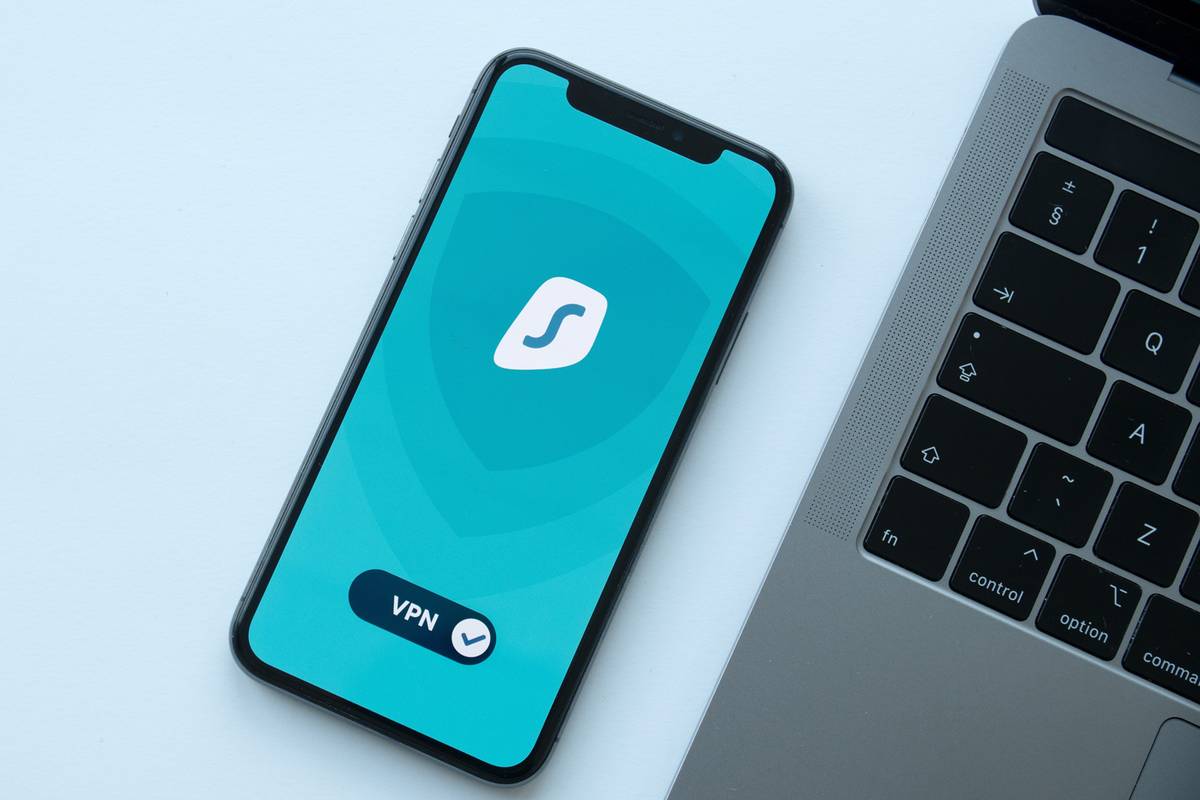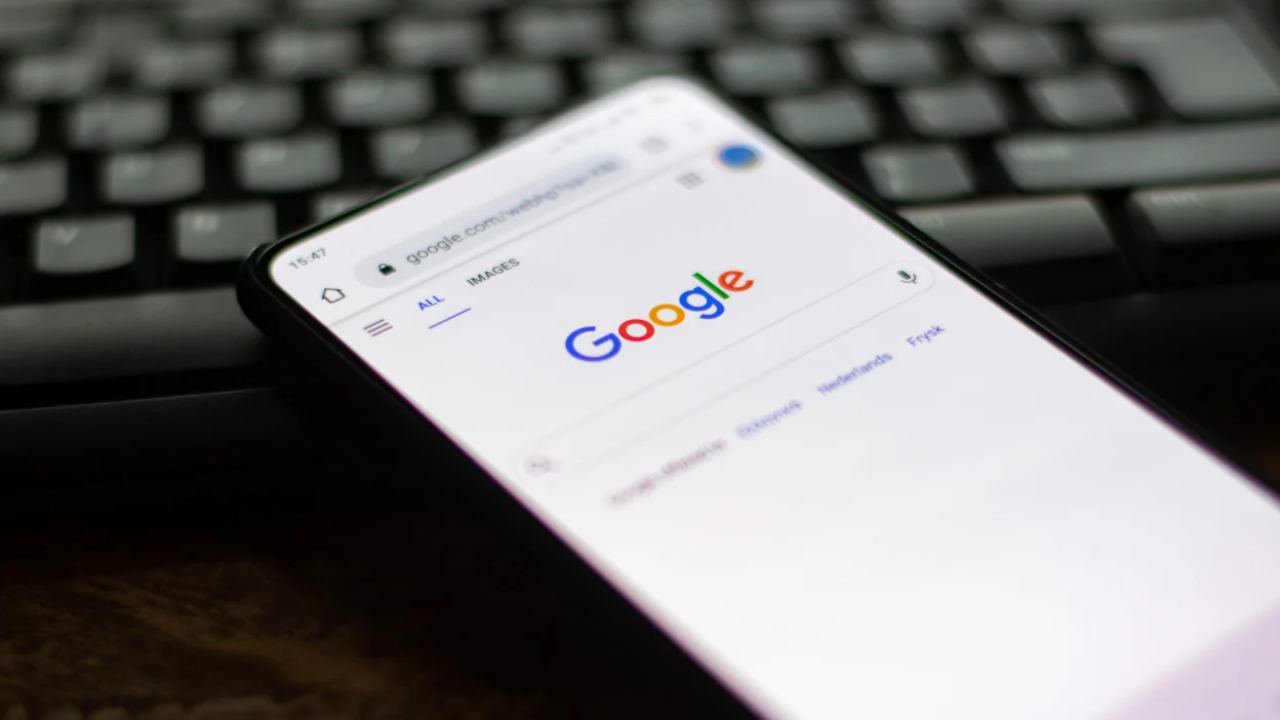Having spent 2020 laying the groundwork for a 5G network that, to date, has focused on consumer-centric services, Three UK is to pivot towards better addressing the business sector – an area that, according to Three CEO Robert Finnegan, offers a great opportunity for growth.
At a media conference summing up 2020 and outlining its strategy for 2021, Finnegan said that since he took the reins in March 2020, Three UK had embarked on a mission to provide better connectivity every day for every customer. He added that everything the company did had to revolve around those aims in terms of how it operated and how it interacted with customers.
“Better connectivity every day for every customer really depends on having a trusted and reliable network that matches best-in-class, richer experiences and that makes life better for everyone, and better propositions and experiences for customers as well,” he said.
Noting highlights for 2020, elements that would be the stakes in the ground for the forthcoming 12 months, Finnegan said the year had seen not only the acceleration of 5G, but had also seen a “massive” programme to improve the existing 4G network and all 4G traffic now on the company’s cloud core infrastructure, as well as 20 new datacentres launched.
The company observed that as Covid kicked in, the voice over Long-Term Evolution (VoLTE) business was carrying 68% of voice traffic, compared with 38% in June 2020. Overall, Three UK said its network was carrying 28% of the UK’s data, with average data usage of 15.2GB per month.
With regards to 5G, Finnegan cited statistics from mobile speed test firm Ookla showing that in the third quarter of 2020 it was the fastest 5G operator – available in 154 towns and cities throughout the UK serviced by 800 sites – boasting speeds of up to 201Mbps.
5G forms a fundamental part of Three’s 2021 go-to-market strategy, centred around the further roll-out of 5G nets, 5G home broadband and a concentrated push into the business sector.
The 5G networks are built around technology from Ericsson, a deployment decision made on the back of the UK government’s mandate to remove technology from Huawei from the nation’s mobile infrastructure. Finnegan remarked that Three UK’s focus was on bringing on board a new provider and that he was “delighted” to say that in the second half of the year the company had signed up Ericsson as its key 5G provider.
A press forward into business was overdue, Finnegan conceded, noting that it was a sector that Three UK was “not actually in at the moment”. He added that he saw the business sector as offering “a massive opportunity for growth within the UK”, and that in addition to investing in platforms to get into the sector, Three UK had recruited high-level executives who had been industry experts within the business sector at other mobile network operators (MNOs).
“We’re going to build on the promises we’ve made this year, particularly around our network, enhancing the network experience and enhancing all other experiences for our customers,” he commented.
“We’re going to continue with the 5G roll-out with Ericsson at pace. We’re going to expand within the business category. And we’re going to continue to expand our offering on 5G home broadband. And as we expand the roll-out, the opportunity for home broadband to fixed wireless access is going to be a great growth opportunity for us as well.”
The business offering is slated to launch in the second half of 2021.












/https://specials-images.forbesimg.com/imageserve/5ffc4456a07b1bbd85f35027/0x0.jpg)
